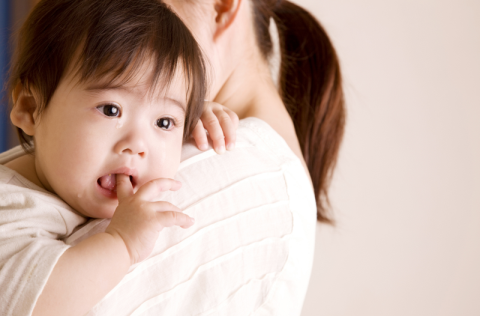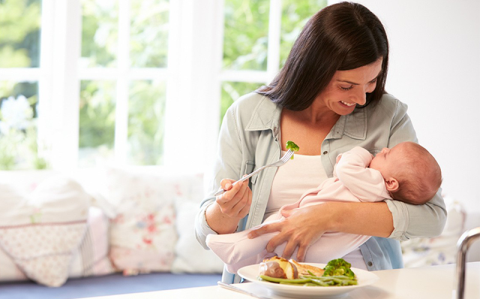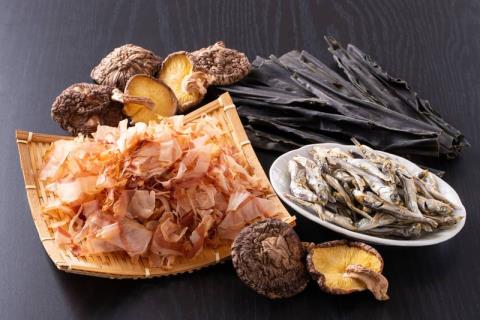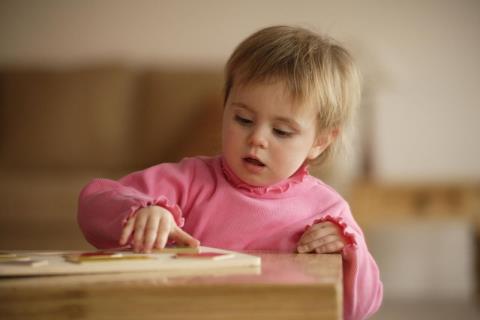Fever is a common clinical symptom in young children, when the baby has a fever, the mother often gives the child fever-reducing medicine. However, what should you do if your baby has a fever?
Fever is a common clinical symptom in young children, when the baby has a fever, the mother often gives the child fever-reducing medicine. However, what should you do if your child has a fever that doesn't come down with medicine?
Fever can be the initial manifestation of many different diseases, the easy way to know if your baby has a fever is to check by touching the baby and using a thermometer. If the baby's body is hot and has a high temperature above 37.5, then the baby has a fever.
Fever is present in most young children.
Most mothers usually immediately give their baby fever-reducing medicine when they are sick. However, there are many cases where the baby's fever does not go down when taking medicine, when facing this problem, the mother needs to first determine the reason why.
The reason your baby's body does not respond positively to fever-reducing medicine may be due to:
Firstly, it may be because the parents do not take care of the baby properly when the baby has a fever. Make the child take the fever with medicine that does not reduce or lower it but it is not significant and the fever is higher every time.
– Second, the baby may be suffering from some other dangerous diseases such as infection, dengue fever, etc. At this time, it is necessary to take the baby to the doctor immediately.
It can be seen that the fact that the child's fever does not completely reduce due to subjective reasons from the baby's body or because of objective factors such as the parent's way of taking care of a child with a fever is not really appropriate.
When a baby has a fever, parents need to:
You should give your baby plenty of water to drink.
– Take off some thick clothes and remove blankets, towels, etc. wrapped around the baby. Then use a cool wet towel to apply on the baby's forehead, use another towel dipped in warm water to wipe the baby's body. The warm water will evaporate, dilate blood vessels and cool your baby. Continue to do so until your baby's temperature drops to normal (37 degrees Celsius). Normally the temperature will drop in about 30-45 minutes.
Add cool foods for your baby such as fruits and vegetables. When a baby has a fever, it is very easy to become dehydrated, so it is necessary for the baby to drink plenty of water, lie down in a well-ventilated place, monitor the temperature with a thermometer every 4 hours.
– Beat the baby with egg whites or leaves.
Children should only take fever-reducing drugs when the body temperature is higher than 39 degrees, using mild antipyretic drugs and no side effects. Remember to pay attention to the right dose for the baby, monitor throughout the process after the baby takes the medicine.
- If the baby's body temperature keeps increasing, the baby's fever does not come down, parents should take the baby to see a doctor immediately.
Things parents should avoid when caring for a baby with a fever:
- When the baby has a fever, there are often signs of cold feet or the baby feels cold, parents should not wear extra clothes, socks, blankets or put on the baby. Because this will only keep the baby's body warm, making it difficult to bring down the fever.
- When the child has a fever, taking medicine does not reduce it, do not use ice cold water to cool down the fever.
– Avoid giving your baby foods such as ginger, eggs, chicken, etc. because these foods have heat retention properties that are not good for reducing fever. Also do not eat cold foods such as ice cream, crushed ice, etc.
Taking fever-reducing medications arbitrarily can make the condition worse.
- Avoid the impatient psychology of wanting the child to quickly reduce the fever, but give the child medicine and anal tablets, this will cause an overdose.
- Do not arbitrarily give water to your baby if you see that the baby has a fever and does not take medicine, but must immediately take him to a medical facility.
Fever is a common manifestation in children, so parents should not be too worried, but rather be equipped with the necessary knowledge on how to treat a child's fever to help their child cope with the illness and recover soon. .
Phuong Linh






